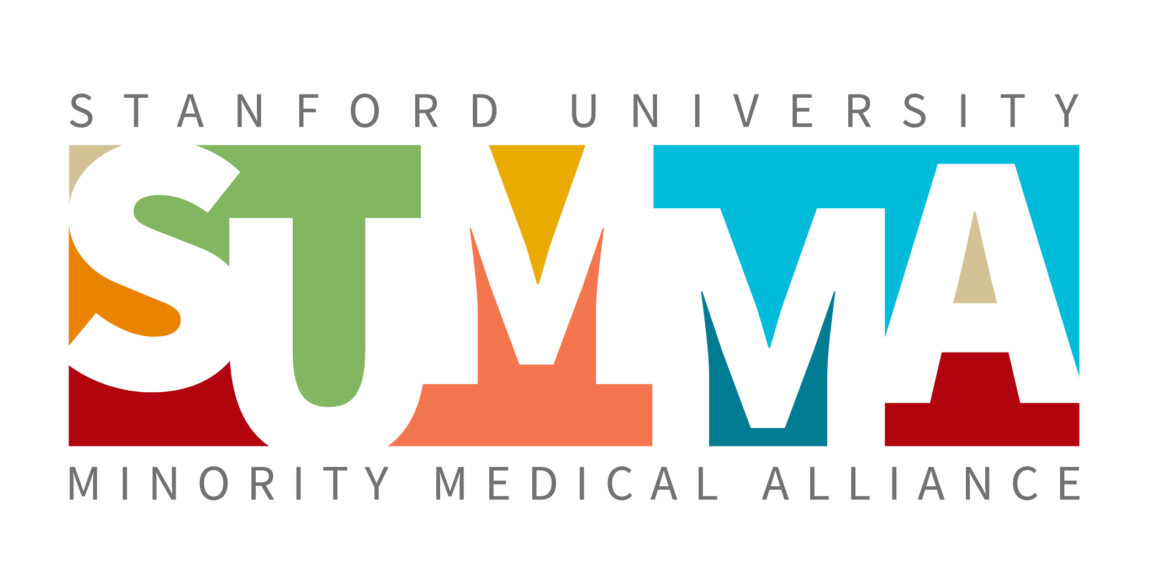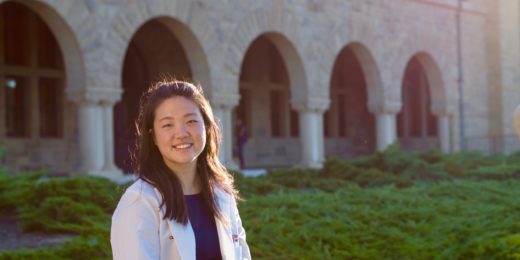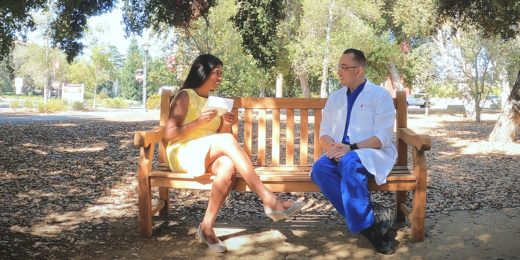The goal of Stanford University Minority Medical Alliance's conference is straightforward: increase diversity in medicine.
An annual event since 1990, the SUMMA conference draws hundreds of college students from all over the nation. This year, the conference will be held virtually on Feb. 4, with sessions covering medical school applications, career paths and maintaining mental health during the path toward becoming a physician. The theme of next month's conference, "Your Story Is the Future of Medicine," celebrates diversity of skill and perspective.
Odette Harris, MD, professor of neurosurgery at Stanford Medicine, will be the keynote speaker, discussing her journey in medicine, including how she became a leader in neurosurgery. Harris weighed in on what that means to her and what SUMMA offers students of under-represented communities.
Can you talk about the theme of this year's conference? What does it mean to you?
The theme really resonates with me. I'm a woman, an immigrant and a minority -- these populations tend to have a gap in access to medicine. We all know that there are disparities in health care. I hope this conference ultimately brings more students like me into the field, and I hope it enables the medical workforce to serve these communities more powerfully. It's empowering to know that my own personal journey is something that others can draw on to pursue their own careers in health care.
What kind of impact does SUMMA have on its participants?
It's one of the longer-running conferences -- this is the 32nd year it's been active. The aim is to pull students into a more global understanding of their role in medicine. I remember attending this conference myself.
I love that, over the years, SUMMA has exposed issues in equitable access to medicine and has celebrated diversity in medicine. It continues to evolve and grow its impact on students and on the field overall.
My hope is that the students who participate today will be physicians and leaders of medicine, that the lessons they glean as college students and under-represented minorities will follow them into their careers and influence the way they practice medicine.
What kind of impact can a conference like this have on students' future career paths?
Events like this demonstrate how students can have careers that marry medicine and health equity. When you go into a medical specialty, such as neurosurgery, you might struggle with the question, "Is this going to have impact in a way that's important for health equity and inclusion?" You wonder what the public health or the social justice component of your work will be. My research focuses on gender and its impact on recovery and rehabilitation after traumatic brain injury. That work aims to address biases in care delivery and treatments. Experiences like SUMMA during my training ultimately led me to continue that cross-disciplinary marriage in my own career.
Registration for the conference ends Feb. 1.






